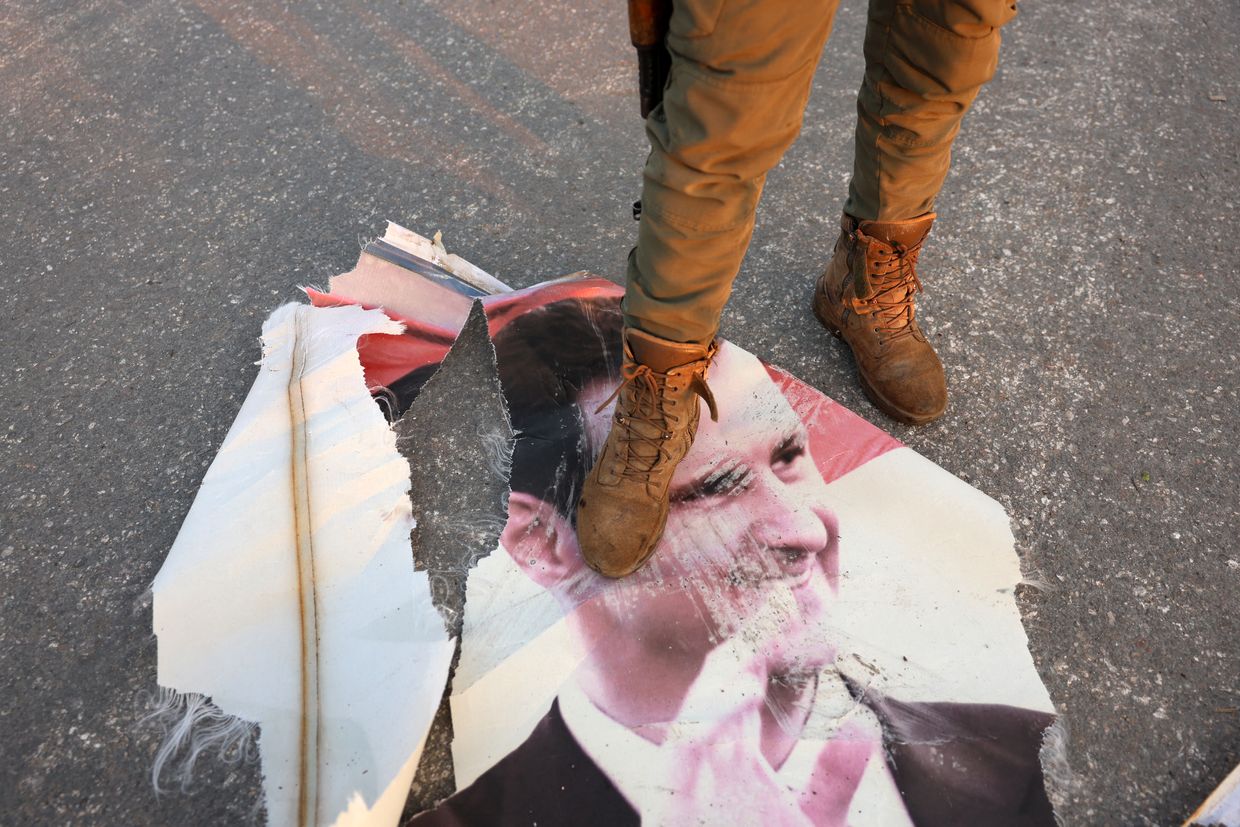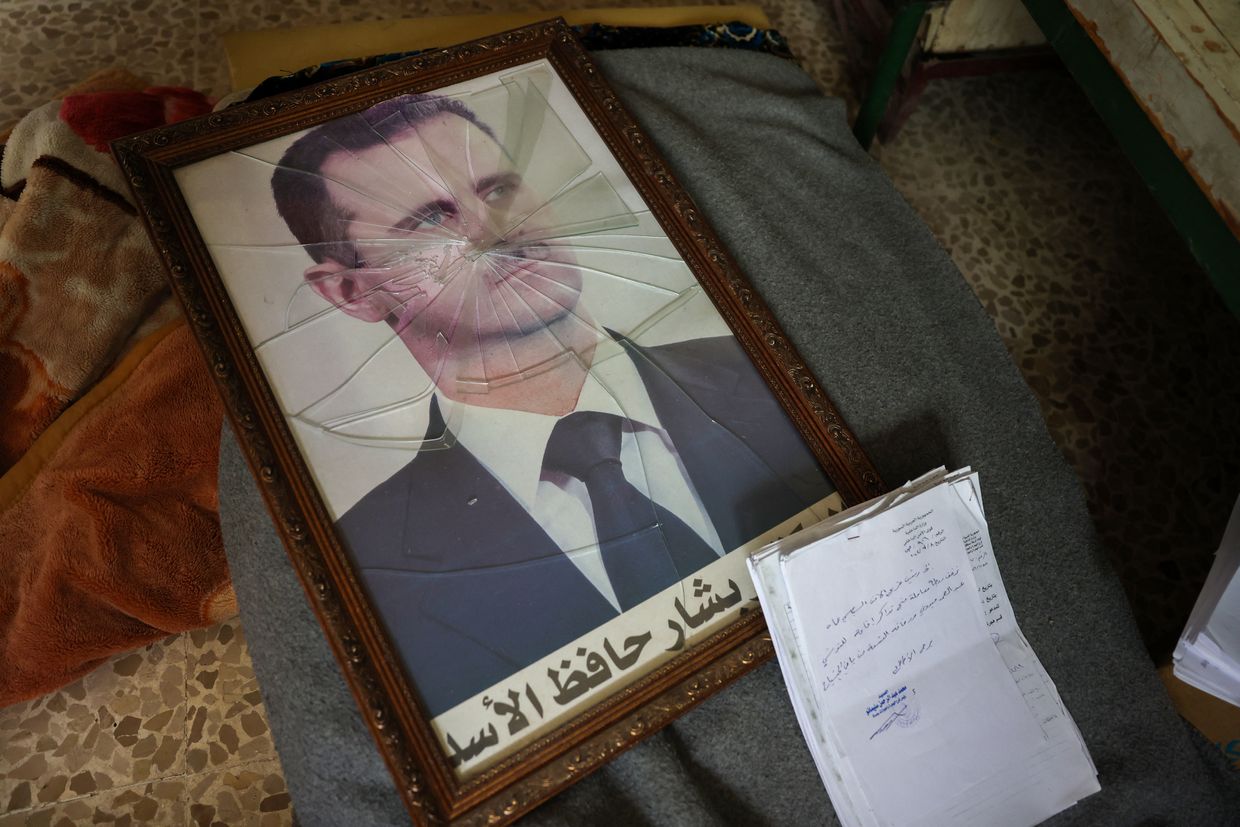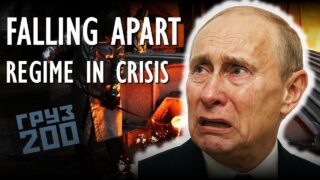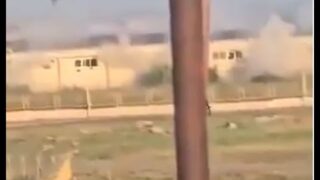
Assad releases first statement since fleeing to Russia, claims he never considered 'seeking refuge'
Toppled Syrian dictator Bashar al-Assad has released his first public statement since fleeing Syria, claiming he never considered "stepping down or seeking refuge" despite leaving the country for Russia.
In a post on the official Facebook page of the Syrian presidency dated Dec. 16, Assad said he was releasing the statement to address "misinformation and narratives far removed from the truth" in the wake of his overthrow.
Syrian rebels announced on Dec. 8 that they successfully ousted Assad from power following a lightning offensive across the country, which culminated with the capture of the capital city of Damascus.
Moscow persuaded Assad to flee to Russia with his family after realizing his regime was bound to lose to the opposition's rapid advance, Bloomberg reported on Dec. 11, citing its sources.
In the statement, Assad attempts to dispute this version of events.
"First, my departure from Syria was neither planned nor did it occur during the final hours of the battles, as some have claimed," he said.
"On the contrary, I remained in Damascus, carrying out my duties until the early hours of Sunday 8th December 2024."
Assad claims that after rebel forces closed in on Damascus, he moved to Latakia "in coordination with our Russian allies to oversee combat operations" at a military base.
When the base itself came under drone attack, Assad claims Moscow requested "an immediate evacuation to Russia on the evening of Sunday 8th December."
"This took place a day after the fall of Damascus, following the collapse of the final military positions and the resulting paralysis of all remaining state institutions," he added.
Despite detailing Moscow's request to evacuate him, Assad then goes on to claim that at "no point during these events did I consider stepping down or seeking refuge, nor was such a proposal made by any individual or party."
"The only course of action was to continue fighting against the terrorist onslaught."
Assad does not explain how he continued "fighting against the terrorist onslaught" once he fled Syria, but goes on to try and paint himself in a positive light as someone who couldn't "forsake his own people or betray the army and nation to which he belongs."
"I have never sought positions for personal gain but have always considered myself as a custodian of a national project, supported by the faith of the Syrian people, who believed in its vision," he said.
On Dec. 15, the Financial Times (FT) reported that Assad airlifted $250 million in cash to Moscow between 2018-19.
Quoting financial records seen by the newspaper, the FT said Syria's central bank flew nearly two tonnes of $100 bills and 500 euro notes into the country, which were then deposited in sanctioned Russian banks.
The outlet said the transfers occurred at a time when Syria was heavily indebted to Russia for its military support, and while Assad's relatives were buying up assets in Russia including luxury apartments.
Assad also claims to have only ever acted as a defender of the Syrian people.
"I have carried an unwavering conviction in their will and ability to protect the state, defend its institutions, and uphold their choices to the very last moment," he said.
"When the state falls into the hands of terrorism and the ability to make a meaningful contribution is lost, any position becomes void of purpose, rendering its occupation meaningless. This does not, in any way, diminish my profound sense of belonging to Syria and her people — a bond that remains unshaken by any position or circumstance."
After a popular uprising in 2011, Assad imprisoned, tortured, and disappeared tens of thousands of Syrians.
His armed forces indiscriminately destroyed entire cities, and repeatedly used chemical weapons against Syrian civilians.














